Gweru typhoid death toll rises
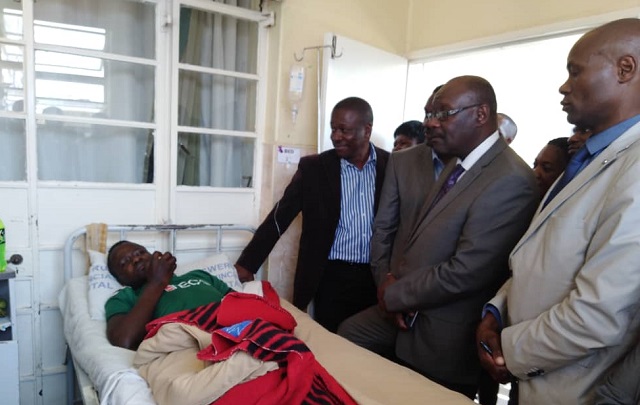

Health and Child Care Minister, Dr David Parirenyatwa (centre) with health officials talks to one of the typhoid patients at Gweru Provincial Hospital yesterday
Patrick Chitumba, Midlands Bureau Chief
The typhoid death toll in Gweru has risen to five amid reports that more than 350 residents who contracted the water-borne disease have been treated.
Government has since taken urgent measures to address the problem which includes providing water treatment pills to every household in the city.
The move to provide water treatment pills comes after Health and Child Care Minister Dr David Parirenyatwa condemned borehole water in the city which he said is unsafe for human consumption.
More than 350 residents have been treated for typhoid and many others are still admitted at different health institutions in the city. The first case of typhoid in the city was recorded on July 23.
Dr Parirenyatwa who visited patients admitted at Gweru Provincial Hospital, Mkoba 1 Clinic and Mkoba 13 Clinic to assess the impact of the outbreak, said patients admitted or seeking treatment for typhoid were spread across the city contrary to earlier council report that the outbreak was confined to just a section of Mkoba suburb covering Villages 15, 18, 19 and 20.
He said all households in the city should be given water treatment pills immediately as part of measures to contain the outbreak.
“We have been to the patients and it is clear that Gweru tap water and that from boreholes is not safe for drinking. We have patients some from Mkoba 1, Mtapa and Mkoba 15, 18 and 20 who are saying they fell sick after drinking water from either the tap or from the borehole. I am therefore overriding any other statement that has been issued before and declare that water in Gweru is unsafe for human consumption. We are going to provide water treatment pills and council must start providing water to residents through bowsers so that they have water to drink,” he said.
Dr Parirenyatwa said many people could not afford to buy bottled water hence the need to provide water treatment pills.
He said bottled water is at times not safe for drinking and residents should therefore embrace household water treatment for their drinking water. “We are aware that there are many illegal water connections here by residents who built houses and connected illegally to council water lines. That is also another source of contamination and council must start tracing such illegal water connections. Gweru water and sewer pipes also run near each other and that must be addressed to avoid seepages,” said Dr Parirenyatwa.
He said patients had also shown some signs not related to typhoid, a sign he said could mean that there were some harmful chemicals in Gweru water.
“We are not ruling out anything and therefore the need to be extra careful so as to leave no stone unturned. I want you to have a taskforce that meets every day as we battle to contain this outbreak,” he said.
The Gweru City Council on Monday declared an outbreak of typhoid in the city and appealed for outside assitance to contain the outbreak.
Meanwhile, the Midlands Provincial Affairs Minister Cde Owen Ncube said yesterday that council should foot the burial bills for victims of typhoid.
“Council should have alerted residents on time and this outbreak could have been contained and probably deaths avoided,” he said.

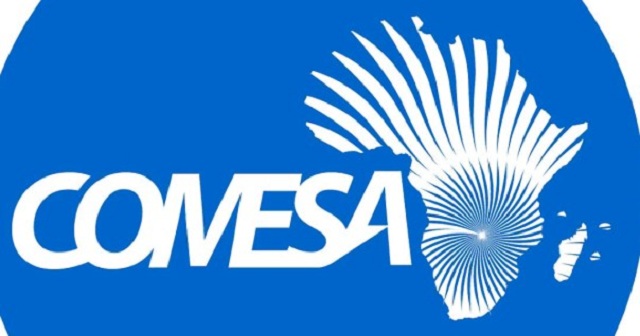
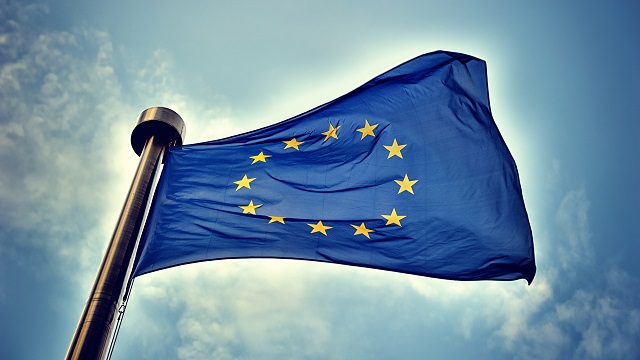
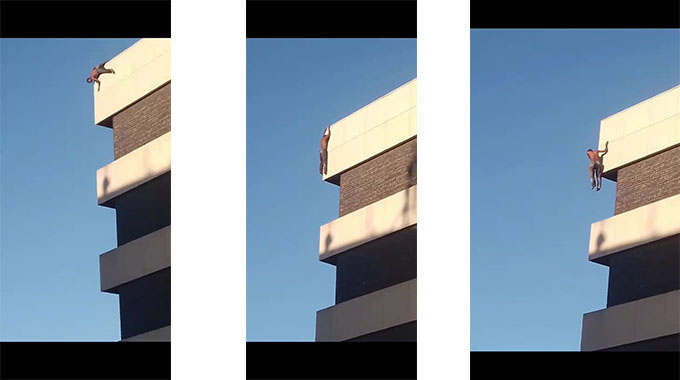
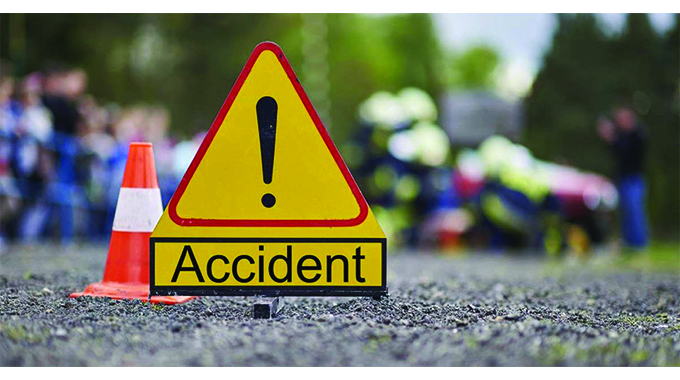
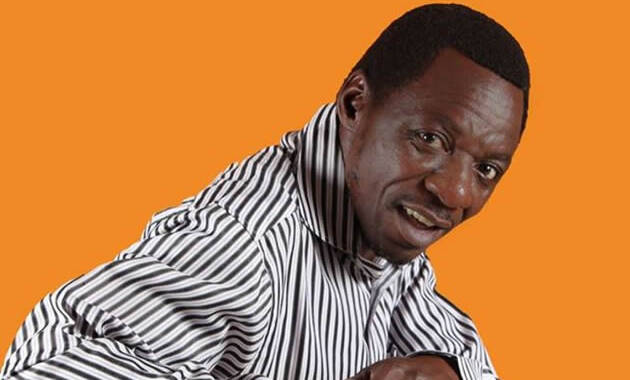





Comments